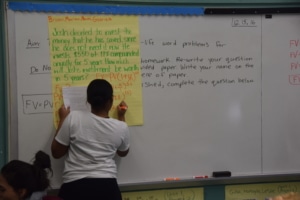Spreadsheets as an Effective Use of Technology in Mathematics Education
Spreadsheets in Education, 2019
The use of technology is an essential component of high quality mathematics education. However, the use must be appropriate in order to be effective. Research suggests that spreadsheet software is equipped to be a particularly fruitful application of technology in the mathematics classroom. The use of spreadsheets allows students to deepen their understanding of both algebra and modeling. For this understanding to occur, though, the technology must be purposefully integrated into the mathematics curriculum to ensure students can appreciate its utility. This paper aims to increase our understanding of the role of spreadsheets in mathematics education and connect their use explicitly to research surrounding best practices. First, we present an argument for the value of spreadsheets in mathematics education, making explicit connections with research about best practices for the use of technology in mathematics. Second, we outline a strategy for incorporating spreadsheets within the high school mathematics classroom through a lesson series on retirement savings, in order to demonstrate how spreadsheets bring about a wide range of educational benefits.
Download Published Version








